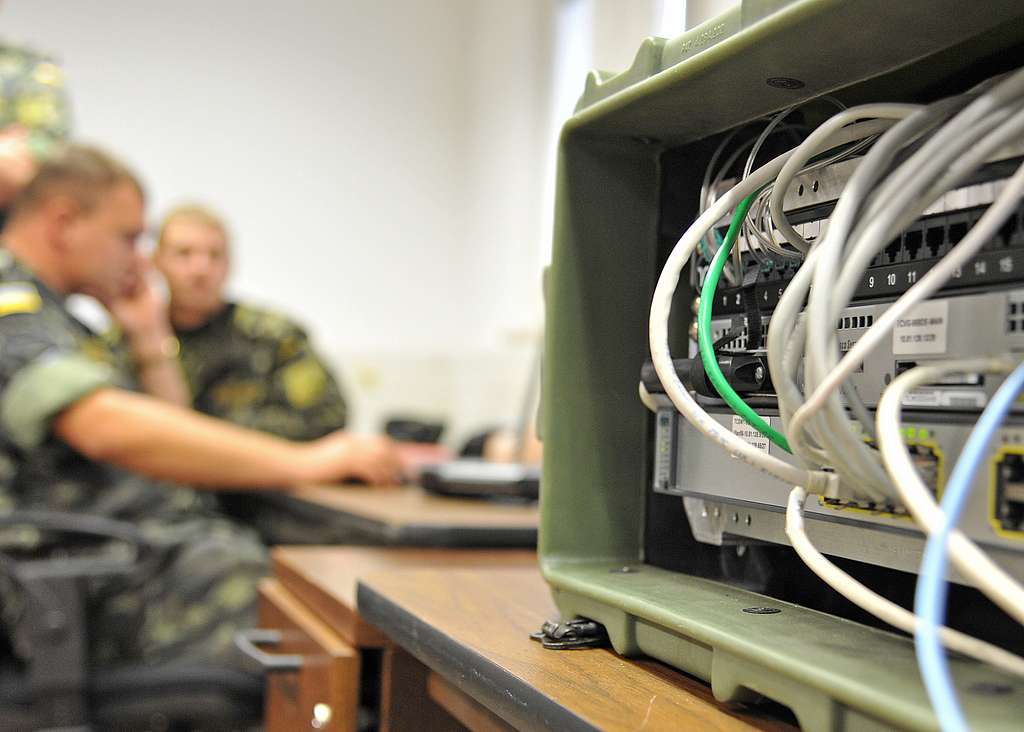Bergen & Tiedmann Question CIA's Legal Vetting of Drone Strikes in Pakistan
Peter Bergen and Katherine Tiedmann have a piece in the new issue of Foreign Affairs (mostly behind the pay wall, but an excerpt is here) offering a mixed verdict on drone strike operations in Pakistan. After cataloguing the policy pros and cons, the authors come to the conclusion that there are "no better military options" for dealing with militants in the FATA. That said, Bergen and Tiedmann advocate making a number of changes to improve the program. One of them connect
Published by The Lawfare Institute
in Cooperation With

Peter Bergen and Katherine Tiedmann have a piece in the new issue of Foreign Affairs (mostly behind the pay wall, but an excerpt is here) offering a mixed verdict on drone strike operations in Pakistan. After cataloguing the policy pros and cons, the authors come to the conclusion that there are "no better military options" for dealing with militants in the FATA. That said, Bergen and Tiedmann advocate making a number of changes to improve the program. One of them connects with the legal issues associated with drone strikes, which is what prompts this post.
The final recommendation they offer is that "Washington should transfer responsibility for the drones flying over Pakistan from the CIA to the U.S. military." In support, Bergen and Tiedmann argue, among other things, that:
In Afghanistan, Iraq, and now Libya, where U.S. drone programs are already controlled by the Pentagon, U.S. military lawyers ensure that the strikes conform to the laws of war, where in Pakistan, whatever vetting process the CIA observes remains opaque.One could read this in several ways: (1) It could imply that the CIA affirmatively does not take into account IHL norms such as proportionality (and, presumably, violates them from time to time as a result). (2) It could imply that the CIA is taking such norms into account but is probably flubbing them because it relies on its own lawyers rather than JAGs for guidance. (3) It could merely be an argument for the U.S. government to make clear whether it thinks IHL applies to drone strikes in Pakistan and if so what efforts are made to ensure CIA compliance. In light of all this, it's worth recalling what former CIA officer Hank Crumpton had to say on this issue when speaking last year at UT:
Q: “What sort of law of war training do the CIA operators get within, you know, proportionality, military necessity requirements for the strikes?” A: “On 9/11 not much. We were, we were at war. To reinforce our weakness, we brought in the military, including legal counsel, both in our shop and also through telecommunications. We had a real interagency task force, if you will, with CENTCOM involved, the Pentagon, helping us, making sure we were going down the right path. Now also bear in mind there’s covert action law, very specific, and that we knew.”This paints a picture of the CIA affirmatively attempting to conform to IHL, and reaching out for JAG support in doing so. And of course he was speaking of the early, post-9/11 period; the level of expertise within CIA itself has surely changed substantially in the interim. As for public references to more recent practice relating to legal vetting, we have former CIA Acting General Counsel John Rizzo explaining last fall that there is extensive legal vetting of some kind that goes on, and it is very hard to imagine that this would not include IHL-related questions. There may be other public statements on this point that address the IHL concern more explicitly, and if anyone brings them to my attention I'll be sure to update this post to account for them.
Robert (Bobby) Chesney is the Dean of the University of Texas School of Law, where he also holds the James A. Baker III Chair in the Rule of Law and World Affairs at UT. He is known internationally for his scholarship relating both to cybersecurity and national security. He is a co-founder of Lawfare, the nation’s leading online source for analysis of national security legal issues, and he co-hosts the popular show The National Security Law Podcast.





